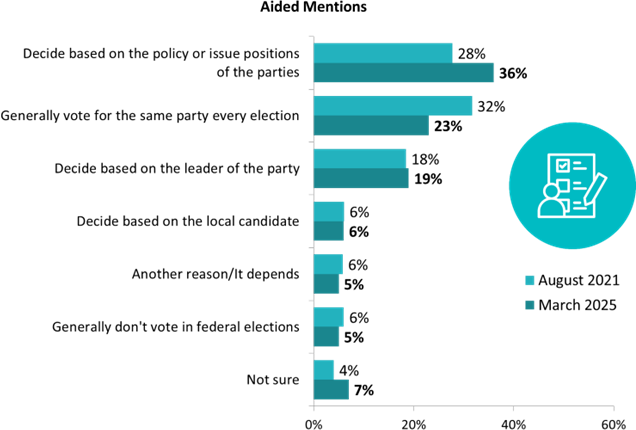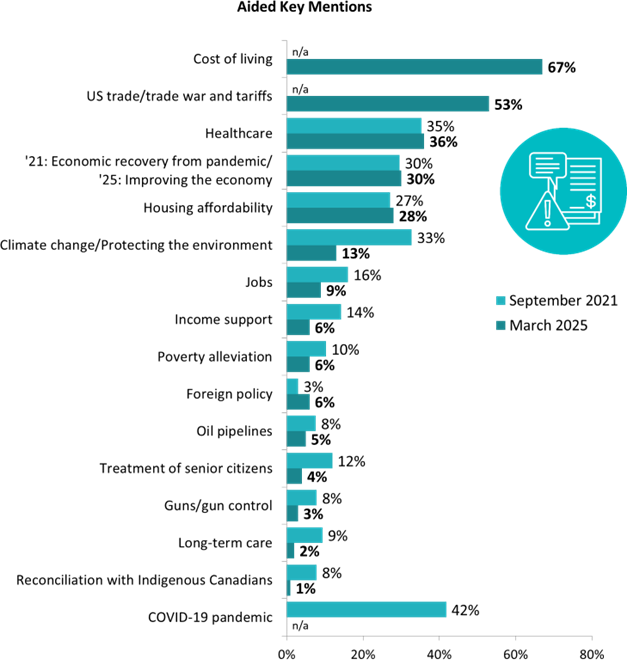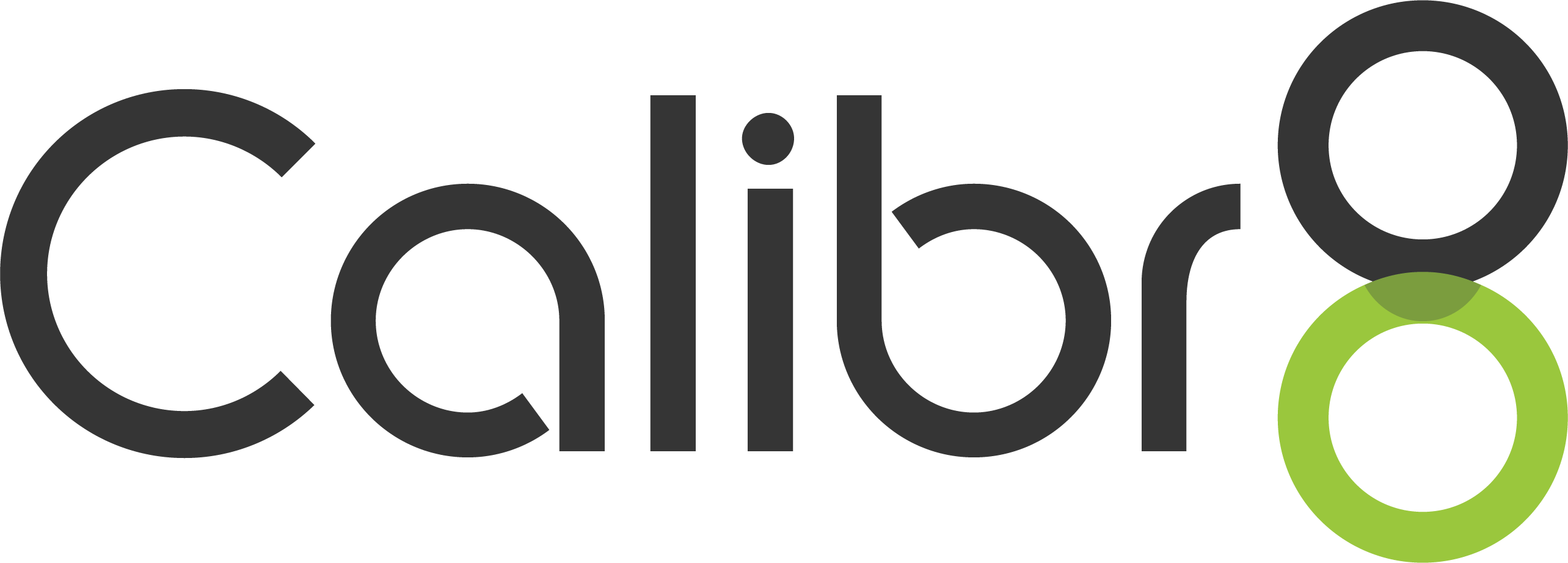Read time: 5 mins
Cost of living and the U.S. trade war are considered the most important issues in the run-up to a federal election.
Key Takeaways
- Cost of living is the dominant issue in the upcoming election, followed by the U.S. trade war and tariffs.
- Canadians are now more likely to vote based on policy and issues rather than party loyalty.
- Healthcare and housing affordability remain important concerns, particularly among older and lower-income Canadians.
- Younger voters prioritize cost of living, poverty alleviation, childcare, and racial inequality.
- Older voters are more concerned with the trade war, healthcare, and senior citizen care.
Cost of living is the dominant issue in the upcoming election, followed by the U.S. trade war and tariffs. Canadians are now more likely to vote based on policy and issues rather than party loyalty. Healthcare and housing affordability remain important concerns, particularly among older and lower-income Canadians. Younger voters prioritize cost of living, poverty alleviation, childcare, and racial inequality. Older voters are more concerned with the trade war, healthcare, and senior citizen care.
With a federal election likely to be called within days, we asked Canadian residents about their voting patterns and the key issues they are concerned about during this pre-election period.
How Canadians Choose to Vote in a Federal Election

Results show a shift compared to the last federal election. Canadians are now more likely to decide their vote based on party policies and issue positions rather than party loyalty. This represents a notable decline in traditional party allegiance, which now accounts for just a quarter of voters. Leadership matters most to about two in ten voters, and only a small percentage base their decision primarily on their local candidate.
“Canadian voters appear to be much more flexible in their voting choices than in the past,” said Margaret Chapman, COO & Partner at Narrative Research. “A party’s policy and response to issues—particularly addressing the cost of living and the trade war—are now much more likely to sway voters, who are less likely to remain loyal to a single party.”
Two clear issues dominate voters’ attention. Cost of living is now the dominant issue in the run-up to a federal election, followed by the U.S. trade war and tariffs, which is an issue more important to those who base their vote on policy rather than party allegiance. Healthcare is still important to a third of Canadians, notably those who are older. Housing affordability is also a consistent issue, chosen by three in ten. Obviously a lot has changed in the last four years, with the COVID-19 pandemic having been the most important issue in 2021, but interestingly, protection of the environment and climate change has dropped considerably as an important issue to Canadians now.
The Most Important Issues Facing Canada Today

While the top two mentions are generally consistent across regions of the country and other sections of the population, some interesting demographic differences are noted. Younger Canadians place greater importance on the cost of living, poverty alleviation, income support, childcare and racial inequality, while older Canadians are much more concerned about the U.S. trade war, healthcare and treatment of senior citizens. Cost of living and housing affordability are more important to those on lower incomes, while those with higher incomes are more concerned about improving the economy.
The Questions Asked
Which of the following is usually most important when making up your mind about how to vote in a federal election? [OPTIONS RANDOMIZED]
- I generally vote for the same party every election
- I decide based on the leader of the party
- I decide based on the local candidate
- I decide based on the policy or issue positions of the parties
- Another reason / It depends
- I generally don’t vote in federal elections
- Not sure
There will likely be a federal election in the very near future. Of the following, which three do you personally believe are the most important issues facing Canada today? [OPTIONS RANDOMIZED]
- US trade / trade war and tariffs
- Cost of living
- Improving the economy
- Child care
- Climate change / protecting the environment
- Foreign policy
- Guns / gun control
- Healthcare
- Poverty alleviation
- Housing affordability
- Income support
- Reconciliation with Indigenous Canadians
- Indigenous services
- Jobs
- Long-term care
- Oil pipelines
- Racial inequality
- Treatment of senior citizens
- Assistance for small businesses
- Some Other Issue(s) – Please Specify:
- None of the above
- Not sure
Survey Methodology
This survey was conducted in partnership between Narrative Research and the Logit Group. The online survey was conducted between March 13–16, 2025, with 1,231 Canadian respondents (ages 18+) from the Logit Group’s online Canadian Omnibus. Data were weighted based on the 2021 Census by gender, age, and region to reflect actual population distribution.
For more information, please contact:
Margaret Chapman, COO & Partner, Narrative Research – 902.493.3834, mchapman@narrativeresearch.ca or Sam Pisani, Managing Partner, Logit Group – 416.629.4116, sam.pisani@logitgroup.com.
Narrative Research is a non-partisan, 100% Canadian-owned research company, certified as a Women Business Enterprise (WBE). Narrative Research provides clients with state-of-the-art research and strategic consulting services.
The Logit Group is a leading North American data collection and market research execution company headquartered in Toronto, conducting large-scale projects for a variety of well-known research agencies and brands. Logit employs industry-best technologies.








